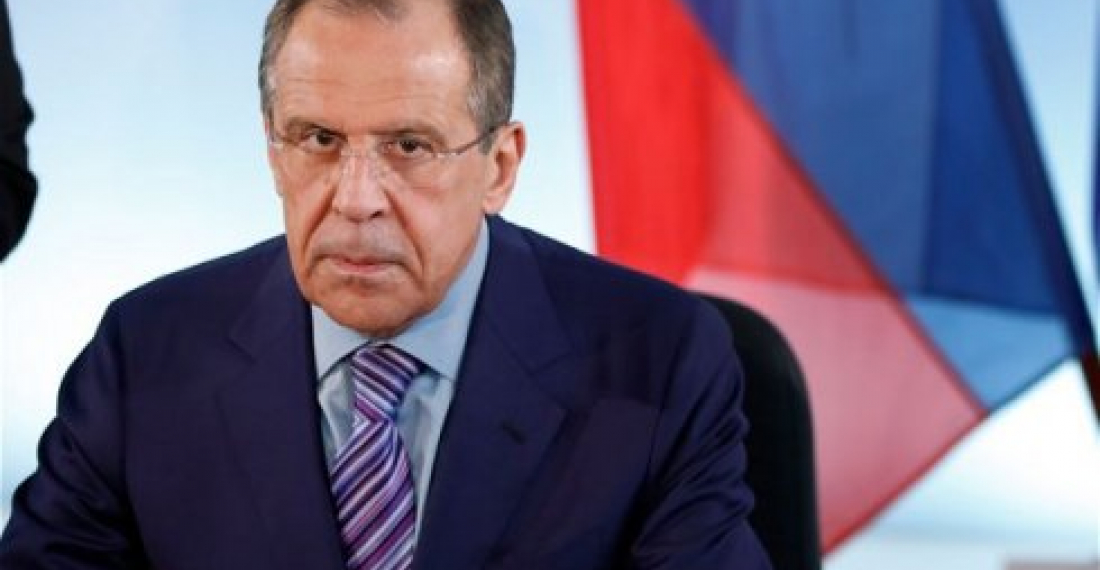This is a commentary prepared by the political editor of commonspace.eu
Christianity in Europe has an unlikely new protector. Sergei Lavrov's Easter speech in defence of Christianity in Europe is highly cynical
Russia's foreign minister, Sergei Lavrov, is a smooth and adroit diplomat. He is also a survivor. Having transitioned smoothly from being a Soviet diplomat to serving loyally under Boris Yeltsin, he has since 2004 been Russia's Foreign Minister surviving the intrigues of the court of Vladimir Putin for longer than most others. In 2013 there were rumours that he was about to be dismissed, but the crises in Ukraine and Syria gave him a new lease of life. His solo diplomacy with his US counterpart of the time, John Kerry, made him indispensable for the Kremlin as it tried to do damage limitation after its excursions in Crimea and the Donbass. Kerry is now gone, and US-Russia relations are in a hiatus, from which it is not clear how they will emerge. The Kremlin may well decide that a fresh pair of hands may be necessary to manage the new relationship.
It is at this point that Lavrov has decided to become the champion of Christians in Europe. In a speech on the occasion of Easter, posted on the website of the Russian Foreign Ministry, Lavrov said,
"We are gravely concerned about the continued efforts taken by a small group of messianically-minded countries to promote pseudo-liberal values such as hedonism and permissiveness. The promotion of tolerance has reached absurd dimensions. In some European countries, which have actually abandoned their Christian roots, official approval is given for the destruction or conversion of Christian churches, from which religious attributes are removed. These actions are doing colossal damage to the moral fabric of society. Those who scorn their religious roots are unlikely to respect the feelings of believers from other confessions".
The absurd suggestion that somehow governments in Europe are compelling by force the closing down of Christian churches would be laughable were it not for the not so hidden message in the Russian Foreign Minister's speech that Russia, having already exploited the populism of the far right, was now ready also to use religion as a tool against the western values of tolerance and freedom that the Kremlin seems to find so intolerable.
This speech needs to be taken seriously, and needs to be a wake-up call, especially for progressive minded people in Europe. Russia has already played this card, albeit with limited success in Georgia and Armenia, where for the last five years the local populations have been bombarded by propaganda suggesting that the European Union was against religion and traditional values. It seems it is now ready to take the message to the European Union itself. Those who need to wake up first to this serious challenge need to be the people on the liberal and left of the political spectrum - those who still are ready to give Russia the benefit of the doubt, based on some lingering nostalgia for a Marxist - and atheist - USSR. There is nothing progressive in the Russia of Putin and Lavrov. It is simply a bastion of reaction.
Sergei Lavrov's new role as "defender of the faith", a title usually given to the Kings of England, is another cynical act by a foreign minister under whose watch Russia has dismembered countries such as Georgia and Ukraine, and supported regimes that gas their own populations, such as in Syria. His Easter "epistle" therefore can only be received with contempt.
This commentary was prepared by the political editor of commonspace.eu






